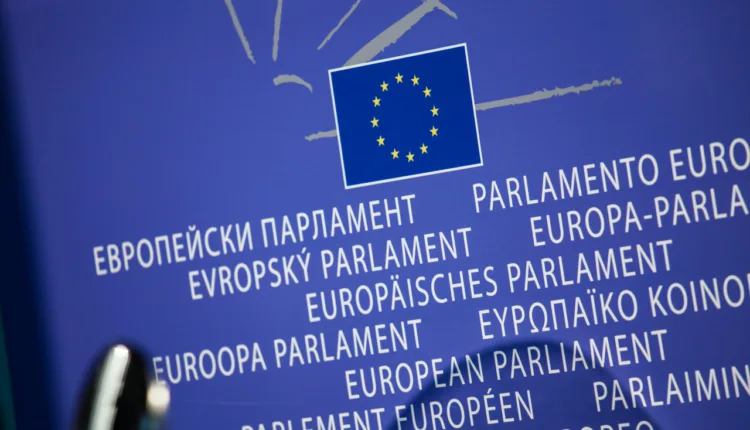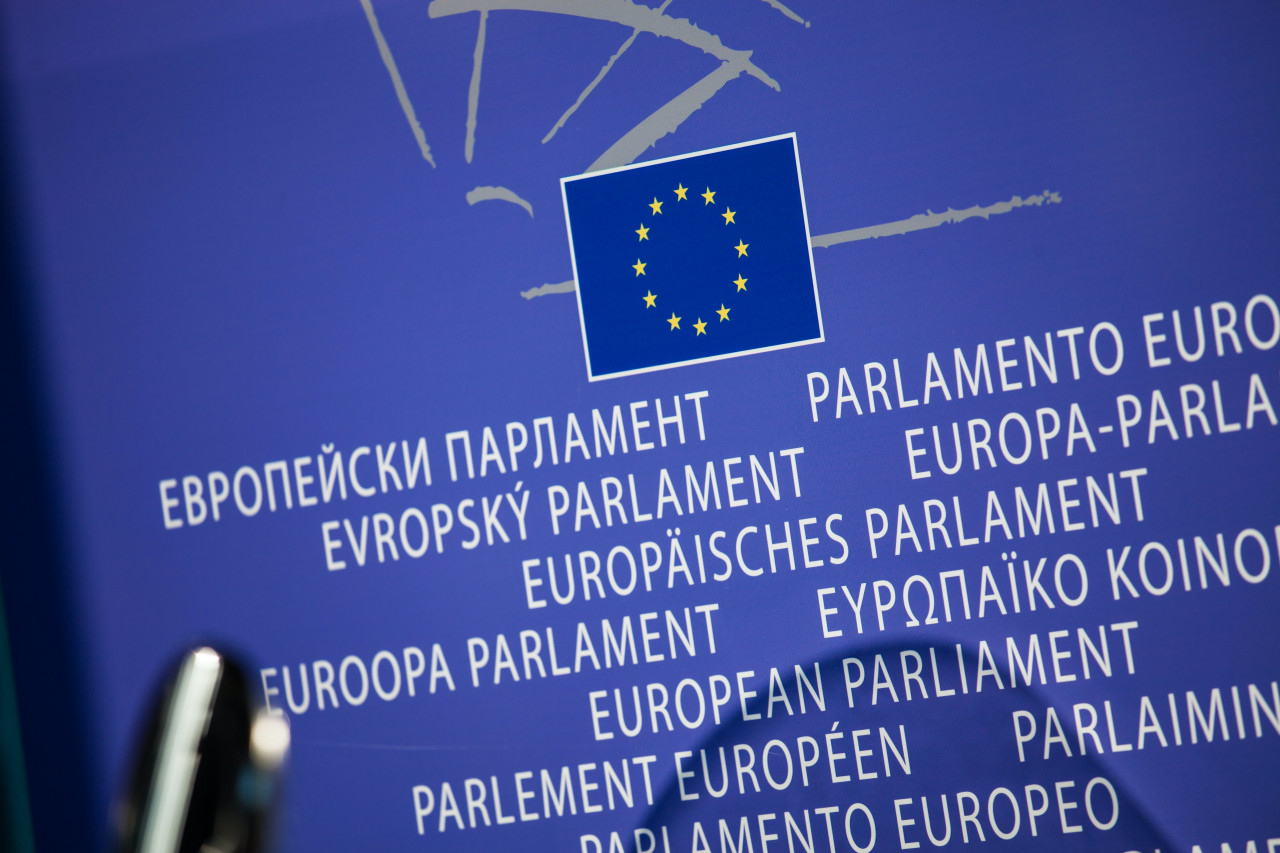
Europe responds to US Inflation Act; targets net-zero by 2050
TL/DR –
The European Parliament has agreed to the Net Zero Industry Act (NZIA), aiming to make Europe a leader in cleantech and compete with China and the US. The NZIA, set to be operable later this year, covers eight priority areas, including solar and wind power, batteries, carbon capture and storage, and electricity grids, with various proposals such as 50 million metric tons of annual CO2 storage capacity by 2030 and ensuring 40% of products needed to reduce greenhouse gas emissions are manufactured locally by 2030. Europe also proposed a target to reduce emissions 90% by 2040 and become a net zero continent by 2050.
EU Parliament Approves Net Zero Industry Act to Boost Green Tech

Europe has unveiled new regulations for local production of wind and solar power equipment, fuel cells and other green technologies. This follows a consensus by the European Parliament and Belgium, the current EU presidency holder. The proposed reduction in emissions by 90 percent by 2040, based on 1990 levels, aims to make the continent a net zero region by 2050.
The Net-Zero Industry Act (NZIA) is Europe’s response to the US Inflation Reduction Act, aiming to make the continent a front-runner in the clean technology sector and enhance its competition against China and the US. The NZIA covers eight priority areas such as solar power, wind power, batteries, electrolyzers and fuel cells, heat pumps, carbon capture, biogas, and electricity grids.
Part of the NZIA proposals include 50 million metric tons of annual CO2 storage capacity by 2030, swift permits for projects that enhance EU cleantech manufacturing capabilities, and priority clearances for projects that reduce EU’s dependence on imports from a single country. Moreover, public authorities’ procurement of cleantech equipment will consider environmental factors besides pricing. Single-source supply would be limited to 50-65 percent of the project. By 2030, the aim is to locally manufacture 40 percent of products needed to reduce greenhouse gas emissions.
Reactions to the Net Zero Industry Act
Europe’s Commissioner for Energy, Kadri Simson, labelled the deal as a crucial step towards a sustainable and green energy transition. “Clean energy is at the core of the European Green Deal, as well as Europe’s Green Deal Industrial Plan and the Net Zero Industrial Plan. We will build the products needed by Europe and the world by supporting more domestic investments in production, creating valuable jobs for European citizens, and strengthening our industry,” she stated.
Christian Ehler, who headed the EU lawmaker’s group, expressed that “for the first time Europe is reacting to the [US] IRA.” He also emphasised that the act would aid the EU in achieving its new 2040 emissions target.
Concerns have been raised about the US act’s $369 billion subsidies luring European cleantech manufacturers to relocate their factories. The European Solar Manufacturing Council applauded the NZIA, stating the act would reduce imports from China, a dominant force in renewable energy components and batteries.
Meeting the 40 percent production target may pose challenges for domestic industries, particularly in the solar sector where local suppliers contribute less than 3 percent of EU panel deployments. However, Europe’s wind sector, which surpassed coal in Europe’s energy mix last year, is better positioned, generating 193 terawatt hours (TWh) of electricity from wind sites in the last quarter of 2023 compared to 184 TWh from coal-fired power plants.
—
Read More US Economic News
